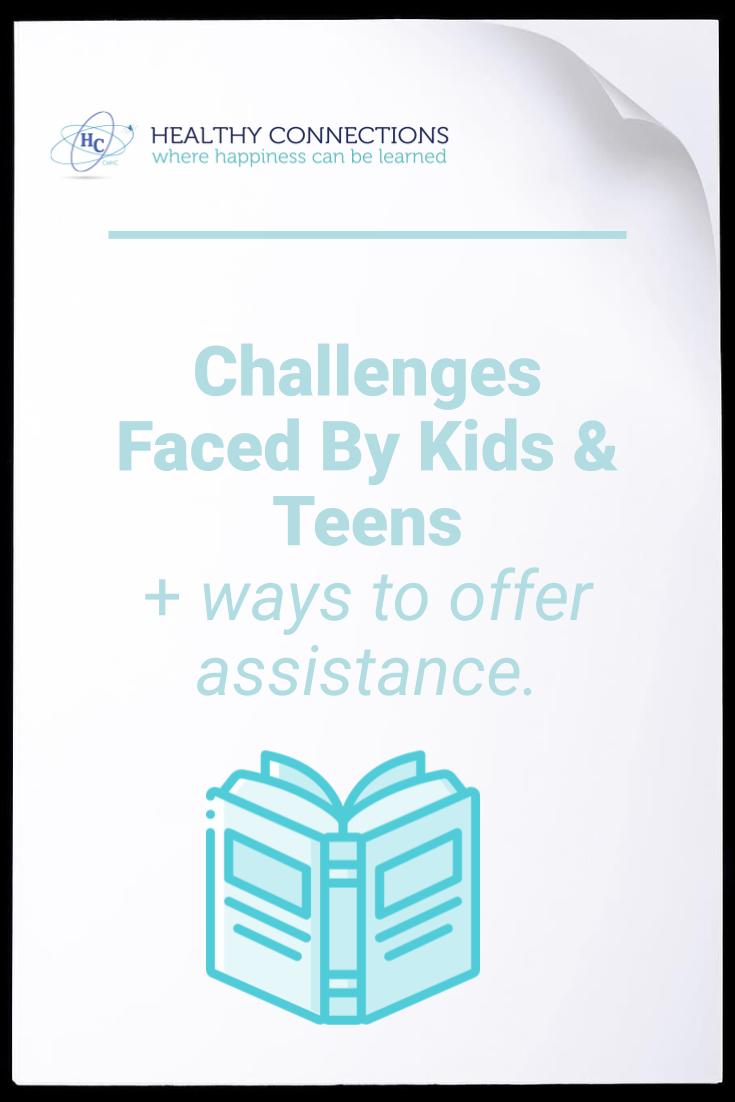POOR CONCENTRATION
Poor concentration in children is a current leading cause of parents’ stress and worry. Still, it is a regular and episodic occurrence in children.
Many clinicians believe that we are now too quick to diagnose and medicate children for ADHD attention deficit and hyperactivity disorder and ADD attention deficit disorder. Doctors looked for children’s gifts and talents to reinforce in the past. See video.
Many studies relate low concentration to diets heavy on sugar. However, valid concerns requiring further clinical evaluation are the observable behaviors of a child’s persistent inattention, impulsivity, and hyperactivity.
Signs of low concentration:
- Easily distracted
- Losing things frequently
- Doing poorly in school
- Irritable or mood swings
- Unable to complete tasks appropriate for his age and interests
- Poor organization
- Restless and fidgety
- Impulsivity
- Excessive daydreaming
- Poor academic performance
We at Healthy Connections look carefully for emotional disorders that appear like attention deficit disorders and Attention Deficits with Hyperactivity Disorders or that exist in addition to ADHD.
Our clinicans address and treat those symptoms to improve children’s behaviors. Some of the conditions mimicking ADHD and ADD are children suffering from separation anxiety, social anxiety, or general anxiety. They also demonstrate restlessness, inattentiveness, or hyperactivity.
The daydreamer, the hyperactive, and the very anxious child frequently receive redirection and negative feedback from peers. When children receive negative attention from busy and well-intended teachers and loving parents, this negative feedback results in detriment to a child’s self-esteem and self-efficacy. The child begins to believe himself a lousy child, an annoying, unlikable, and incapable child.
In our Triumph Steps program, we teach children powerful self-talk, which promotes positive thinking patterns and grit, acting as a buffer from negative messages.
Parents of children with neurodevelopment and emotional conditions can also benefit from professional guidance and support from our Triumph Steps Coaches
Parents are instrumental in the family’s well-being. The earlier you equip your children with tools to improve concentration and strengthen self-esteem, the higher your chances of having a confident, mature and thriving child.




